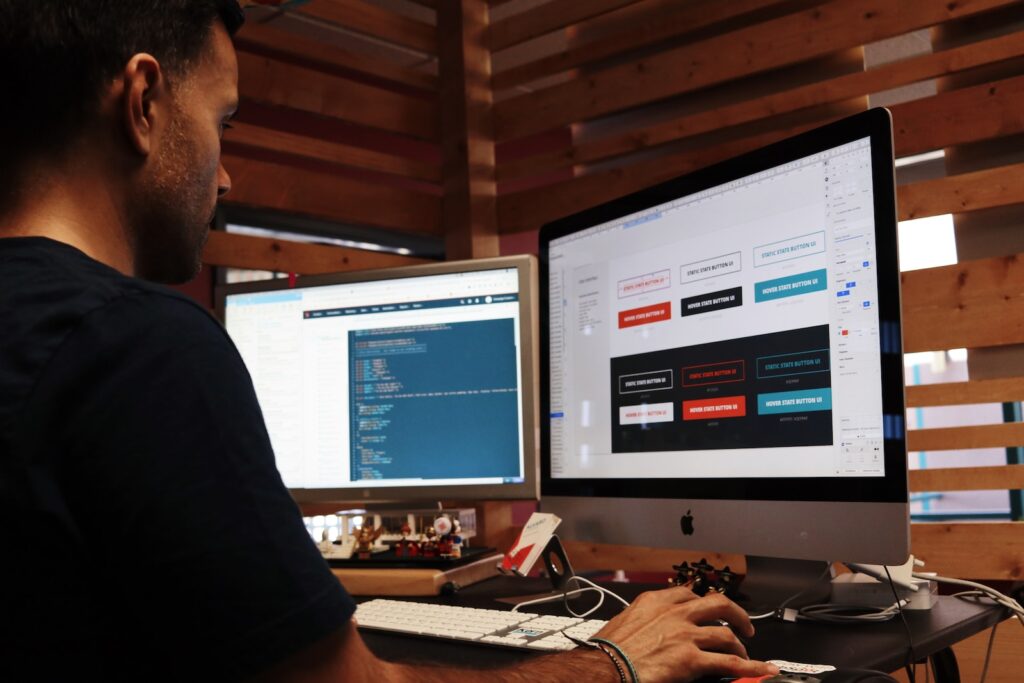Design with Ease: How Wrike Benefits the Web Design Industry
Web design professionals face unique challenges in managing multiple projects, collaborating with various stakeholders, and meeting tight deadlines. Wrike is a comprehensive project management and collaboration platform that helps web designers streamline their processes, enhance communication, and focus on creating exceptional websites.
Wrike’s Benefits for Web Designers
Wrike is an ideal tool for web designers because it addresses the unique challenges that arise during the web design process. With Wrike, web designers can:
- Facilitate collaboration and communication among cross-functional teams
- Establish clear objectives, milestones, and timelines for web design projects
- Track progress and measure the success of web design efforts
- Adapt and respond to changes quickly and efficiently
- Ensure alignment between web design goals and team activities
Wrike’s Key Features for Web Designers
Wrike offers several features that are particularly useful for web designers:
- Task and Project Management – Organize and track tasks related to web design projects, assigning priorities, deadlines, and dependencies to ensure that every aspect of the project is well-coordinated.
- Customizable Workflows – Design custom workflows to match your organization’s unique processes, improving overall efficiency and ensuring that everyone is working in alignment with the web design strategy.
- Collaboration Tools – Streamline communication between team members, departments, and stakeholders through real-time editing, commenting, and file sharing, fostering a collaborative environment for web design planning and execution.
- Version Control and Asset Management – Keep track of different versions of design assets and manage them efficiently, preventing confusion and ensuring that the most up-to-date files are used.
- Real-Time Reporting and Analytics – Leverage Wrike’s analytics features to gain insights into project progress, resource allocation, and potential bottlenecks, allowing for data-driven decision-making and continuous improvement.
- Integrations – Connect Wrike with your existing web design tools and software, such as Figma, Sketch, and various file storage platforms, for seamless integration into your current workflow.
Implementing Wrike for Web Designers
To integrate Wrike into your web design workflow, follow these steps:
- Sign Up – Visit Wrike’s website and sign up for an account. They offer a free trial, as well as various pricing plans to suit the needs of different organizations.
- Invite Team Members – Invite your fellow web designers and other stakeholders to join the platform, allowing them to access project information, collaborate on tasks, and stay aligned with web design goals.
- Customize Your Workspace – Set up your workspace by creating folders, projects, and tasks that align with your web design team’s processes and terminology, ensuring a smooth transition and efficient workflow.
- Integrate with Existing Tools – Connect Wrike to your existing web design tools and software to maintain a seamless workflow and avoid disruptions.
- Train Your Team – Provide your web design team with training resources, such as Wrike’s online tutorials and webinars, to help them become proficient with the platform quickly and efficiently.
- Monitor and Optimize – Regularly monitor your web design team’s progress and use Wrike’s analytics features to identify areas for improvement and optimization, ensuring that your design processes remain effective and aligned with your organization’s goals.
Enhancing Web Design Workflows with Wrike
By implementing Wrike, web designers can expect numerous benefits, such as:
- Improved Collaboration – Wrike’s platform promotes seamless communication and collaboration between cross-functional teams, reducing misunderstandings and fostering an environment conducive to web design planning and execution.
- Increased Efficiency – Wrike’s centralized platform for task and project management allows web designers to work more efficiently, freeing up time to focus on creative decision-making and execution.
- Better Alignment – By defining and tracking goals, Wrike ensures that all team activities are aligned with the overall web design strategy, increasing the likelihood of successful outcomes.
- Greater Visibility and Control – Wrike’s customizable dashboards and real-time updates provide stakeholders with a clear overview of project progress, allowing them to make informed decisions and address potential issues before they escalate.
- Scalability – Wrike’s flexible and scalable platform can accommodate the evolving needs of your web design team, making it a long-term solution for managing web design projects of varying sizes and complexities.
Conclusion
Wrike is an exceptional collaboration tool that can help web designers streamline their processes and improve the development and execution of web design projects. By providing a centralized platform for task management, goal tracking, and communication, Wrike enables web designers to work more efficiently, collaborate effectively, and stay focused on designing with ease. Embrace Wrike as your go-to solution for simplifying web design workflows and enhancing your organization’s digital presence.



